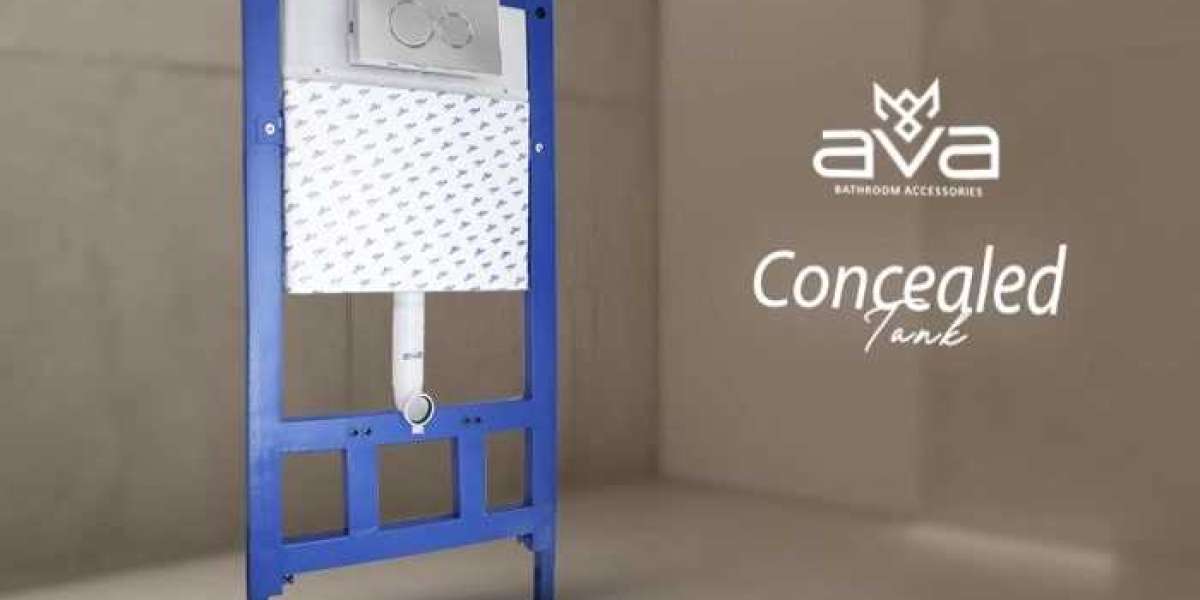The main and eastern US have actually been struck with a heatwave this week, with numerous cities taping their highest temperature levels of the year thanks to a "heat dome". High humidity and night-time lows are adding to overbearing and potentially hazardous weather, making it hard for many individuals to keep one's cool.
When one's house starts to feel more like the within an underarm, air conditioning can offer sweet relief. But if you live in an older home or home, you're less most likely to have main air. That suggests you have to drag out whatever device you use to keep one's cool.

Most often, this is a window a/c unit, says Darcy Carbone, vice-president of sales at APA HVAC Technologies and a member of the domestic structures committee at the American Society of Heating, Refrigerating and Air-Conditioning Engineers. These systems cool, distribute, filter and dehumidify air in a home.
But using a window unit implies more than just sticking it on the sill and letting it rip. Here's what you require to know to utilize your AC efficiently and safely.
How to choose between a window system or portable AC
Robert Polchinski, a professor at the New york city City College of Technology who helps students go into the HVAC market, agrees that a lot of people select a window unit since it is budget-friendly. Double-hung windows - the windows that open and close vertically - are likewise most fit for a window unit.
Alternatively, a portable AC might be more compatible with your requirements: for instance, if your windows crank outside. However, portable systems are generally more expensive, utilize more energy and are less effective at cooling areas.
How to maintain your AC window system
When you highlight your AC unit from wherever you stashed it through the winter season, it's smart to go through a fast list of check-ups before putting it in the window and flipping the switch. You ought to duplicate these actions at the end of the season, too. Taking the appropriate steps can help your AC unit last longer and protect you from unintentional adverse effects.
Clean the filters: Start by cleaning up the unit's filter. If you get rid of the front panel, you'll see the filter, which you can move out. These are washable, Carbone discusses. Shake off any particles, wash the filter by hand with a moderate meal detergent, then rinse. If you want to clean your filters again after the unit is in the window, be sure to turn off and disconnect the AC first.
"Filters need to be cleaned at the beginning of the season," Polchinski says. "Generally, once a year should be enough. But depending on how dirty the air is in the environment, they might need to be cleaned more than as soon as during the season."
Check the coils: Next, Carbone advises examining the AC's coils. An unit has 2 sets of coils: evaporator coils and the condenser coils. Evaporator coils assist get rid of hot air from your home and lie behind the filter. Condenser coils expel heat and are situated at the back of the system, near the vents.
You'll wish to take care of these before the system is in the window. Remove the unit's external housing, then use a vacuum with a pipe attachment to clean off any dust and debris from the coils, states Polchinski.
Allow condensation to drain: A/c units produce condensation, which water needs to go somewhere. Some have built-in pans, and some require to be exactly level, while others require to sit at a slope. This last group ought to be installed so the system's rear is a little slanted downward, which helps recede any condensed water.
"You do not want to accumulate sitting water, which might result in all sort of bad scenarios, like a mold accumulation or a possible area for mosquito breeding," Polchinski states. He likewise warns that if the water is warm enough, this could lead to legionella, a kind of bacteria that grows in water and can trigger sickness.
Store the unit correctly: Storage also matters, says Carbone. When summer season is over, keep the window unit as it would be in the window - do not be lured to turn it on its side to squeeze it into its winter season hiding spot, which can damage the compressor.
How an AC window system can affect your health
For an unit to make cold air, indoor air passes through a cooling coil, which leads to condensation. This condensation needs to drain pipes; otherwise, it can cause mold growth, explains Amy Li, an assistant professor at the University of Waterloo who studies how to enhance indoor air quality.
While window system filters do catch particles like dust and dander, they don't perform the same function as an air purifier, for example, unless the design has been created particularly to do so. "The filters used don't remove particles really effectively, so the air isn't necessarily coming out much cleaner than it went in," states Brent Stephens, a teacher at Illinois Institute of Technology who investigates indoor air issues.
Window units might look like they draw fresh air from outdoors, however they do not. Because an absence of fresh air increases how much indoor contaminants are within, Li recommends using a co2 screen to examine indoor air or alternating in between using the AC and opening windows to motivate natural ventilation.
What to do if your AC window unit smells strange
Cleaning the system's filters can help it remain energy efficient due to the fact that clogged up filters block airflow and trigger problems. Dirty filters also increase the chance of mold and mildew growing inside the system. This can lead to health problems and cause the air that exits the system to smell moldy, explains Li.
Some AC units have a drain pan developed into the system to collect condensation. If this pan fills, mold can grow, which could also cause a bad odor.
Sign up to Well Actually
Practical recommendations, expert insights and answers to your questions about how to live a great life
If drain or filters do not appear to be a problem, however you still see a bad smell, Carbone states to open the unit and tidy the coil with bleach. If you attempt all the above and it still smells funny, "get rid of it", she states.

When to replace your AC

Part of AC ownership likewise indicates understanding when to state goodbye. While window units can last for eight to 10 years, particular signs can indicate that something is amiss.
Polchinski explains that an a/c may be at the end of its run if "your electrical power expenses are running much greater, however the cost of electricity hasn't changed". If your use hasn't increased much from year to year, that recommends your unit is running less efficiently, he discusses. That might suggest that the motors are getting weaker, or there could be a "low charge in the refrigerant, which might be an indication that there's a little leak", Polchinski states. Frozen coils can likewise be an indication of a sluggish refrigerant leak, states Carbone. If you have actually frozen coils, there's likely ice accumulation around the coils and the unit isn't effectively cooling your home.
Window systems utilize refrigerant, a chemical cooling agent, to get rid of heat and humidity from a room. During the procedure, the refrigerant changes state from liquid to gas. A leak can trigger the refrigerant to get away as a gas. If an air conditioning is leaking liquid, that's most likely to be condensation buildup.
Older units likewise merely do not work too. "You're just going to be spending for non-efficient equipment," Carbone states.
You can bring an older AC to a specialist to see if they can fix whatever's incorrect. But Polchinski states that, due to the fact that it's expensive to fix and AC units are getting cheaper, "it most likely does not pay to repair it".

What to search for when purchasing a used AC
Carbone doesn't personally advise getting your AC unit previously owned and says she would not choose one that's more than five years of ages. She likewise advises that you make certain the seller has actually cleaned up the filters and the coils.
Polchinski would likewise search for any indications of damage to the coil, including, "I would want to plug it in somewhere and evaluate it - even if it's not in a window - just to ensure that it sounds best." Listen for loud buzzing, hissing, banging and "pinging or scraping sounds that might be an indication of turning parts touching something that they should not be touching".
When buying pre-owned or new, you'll also desire to think about how the AC will work for the size of your room. A larger unit isn't necessarily better: if it's too big, it will cool the space before removing humidity, making it feel clammy. You can do some easy math to find out the size you require. Meanwhile, Polchinski says the most energy-efficient units are those that are Energy Star-rated.
Carbone says you'll also wish to consider what refrigerant the AC utilizes. Because refrigerants absorb heat, they are practical in cooling systems, however if they leak, they can contribute to climate modification. Newer devices use more eco-friendly refrigerants.
Common AC misconceptions and errors
One major error Polchinski observes is when "people turn the AC unit to optimum cold thinking that is going to get the room cooler faster." He equates it to people "constantly pressing an elevator button, thinking that's going to make the elevator get somewhere quicker".
Ultimately, an air conditioning can only reach a set temperature level at a particular speed. Temperature control isn't like volume control, he explains. It merely means the compressor keeps running until you get to the chosen freezing setting.
Another problem is that individuals tend to cool structures when it's "completely comfy outdoors" or a ceiling fan would be sufficient, says Liz McCormick, a designer, and professor at the University of North Carolina at Charlotte who's composed a book about the effects of cooling. That's not excellent for the world, and it changes our tolerance and perception of various conditions.









